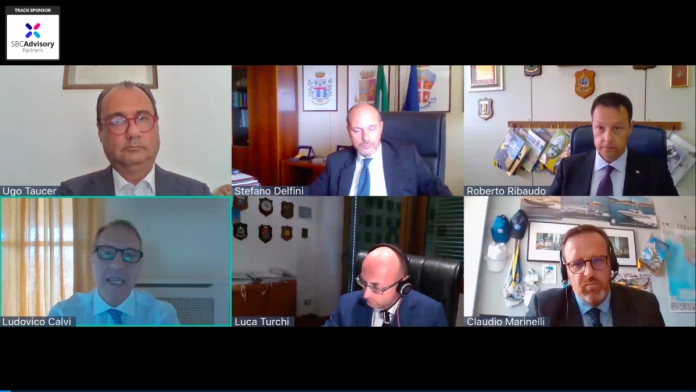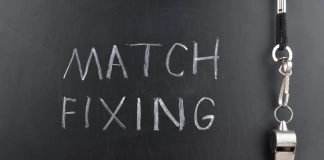As new technologies emerge, those looking to hinder sports integrity are finding new ways to manipulate fixtures and commit sports-related crimes.
With the effects of the coronavirus crisis still being felt throughout the world of sports, authorities and governing bodies are facing more pressure than ever in the fight against match-fixing and sports corruption.
Delving into the ongoing challenges that authorities face when combating the manipulation of competitions, a panel titled ‘Match-Fixing Phenomenon at the time of COVID’ at SBC Digital Italia Summit saw Italy’s leading integrity figureheads discuss the globalisation of match-fixing and its demands on sporting authorities.
Moderating the discussion, Ludovico Calvi, President of the Global Lottery Monitoring System (GLMS), expressed his view that ‘international communication is definitely key’, citing the ‘success of the Italian model’ in tackling match-fixing and other sports-related crimes.
Taking a ‘special view’ of the situation, Claudio Marinelli, Project Manager at Criminal Intelligence Officer Interpol, noted the ‘resurgence’ of match-fixing among other integrity issues during the pandemic, adding that fraudsters are finding new methods.
He said: “With regards to COVID over the last 18 months, but especially at the beginning of the pandemic, the signals that we received from GLMS were numerous and important regarding several sports.
“Thanks to the signals received from the GLMS at the beginning of the pandemic that we are still receiving, we now manage to disseminate and notice a specific modus operandi regarding sports fraud regarding sports, and this enabled us to be ahead of everybody. We had an advantage and managed to acquire further information that enabled us to develop investigations that are important and involve many sports.”
Interpol’s observations were confirmed by Ugo Taucer, Attorney General at CONI, who described the relationship between authorities and stakeholders as a ‘bilateral communication’ between parties to protect the integrity of sports.
In its 2021 Mid-Term Monitoring and Intelligence Report, the GLMS revealed that across the first six months of 2021 there were 680 alerts and notifications for 10 sports, 56 of which were sent out to members and partners following its in-depth analysis, justifying suspicious odds movements where appropriate and delivering integrity reports where needed.
Within the report, Europe was the region that generated the most alerts with 373, followed by Asia with 116, South America with 99, North America with 32, Oceania with 19 and Africa with 18. A further 23 alerts were classified as international, highlighting the ‘globalisation’ of sports fraud.
Luca Turchi, Director at the Games Control Office of the Games Directorate, Agenzia Dogane e Monopoli, highlighted the ‘many potential problems’ that authorities faced when battling against match-fixing throughout the recently completed tournament – which saw Italy crowned the champions of Europe – and the ‘repercussions’ from other countries.
“It is clear that in general, society has become more globalised and more specialised,” Turchi said. “Sport is the same and betting is the same, therefore, we need to face a global market in which the regulator must indeed be able to exchange and discuss with all the other subjects what we call in English stakeholders.
“The analysis of abnormal notifications during the last period, talking about the period from September to August, saw that the majority of crime notifications relate to matches which have teams or athletes which are totally exclusively not Italian, which is something that explains how it is crucial to protect the market and not just the market, but the sport itself, and we are working mainly to protect sport.”
All conference sessions are available to watch live or on demand via the event platform. To access the content, simply register for a free pass at the SBC Digital Italia website.





